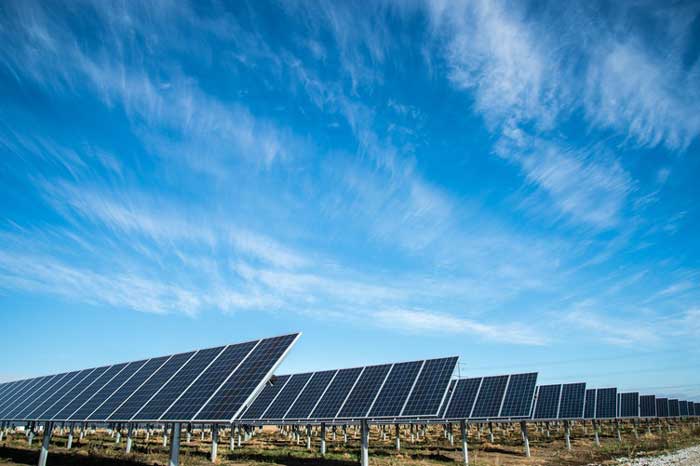Although scientists have made great success in increasing the efficiency of solar energy, one of its innate problems is how to preserve the energy of the sun for many years. The research team at the Chalmers University of Technology in Sweden seems to have found a solution: liquid solar thermal fuel.
The team, led by Casper Mott-Poulsen, created a liquid solution based on chemical norbornadiene that passes through transparent tubes on a substrate similar to a satellite dish reflector in order to expose it to sunlight. When exposed to solar ultraviolet radiation, norbornadiene is converted into the quadricyclane isomer, which retains most of the thermal energy from sunlight in its chemical bonds. According to the calculations of scientists, the shelf life of heat energy can reach 18 years.
After contact with a cobalt-based catalyst, the quadricyclane can be converted back to norbornadiene. This process releases all the accumulated heat energy and raises the temperature of the liquid. Mott-Poulsen managed to get the fuel temperature of +63°C, which opens the possibility of using the substance for heating rooms.
According to Geoffrey Grossman, a scientist at the Massachusetts Institute of Technology, solar thermal fuel is similar to a rechargeable battery, but instead of electricity you use sunlight and get the heat generated on demand. A demonstration sample with a test fuel liquid was tested and worked without significant failures for 125 cycles, collecting solar energy, accumulating it and releasing it in the form of heat. As a result, it turned out that the system can produce 250W per 1 kg of mass without damaging the molecules, which is 2 times more than Tesla Powerwall home batteries.
Poulsen solar thermal fuel demonstration has already attracted investors, but it will take about 10 years for the technology to be commercialized. One of the main obstacles is that the current solution makes it possible to absorb only about 5% of solar energy provided by the sun. However, since Poulsen thermal fuel can be stored for years, it is currently more efficient than conventional solar panels.








